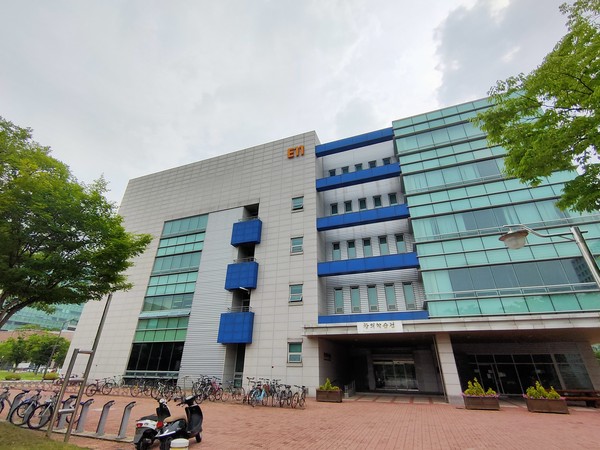In a letter to KAIST students on May 30, KAIST Provost and Executive Vice President Kwang Hyung Lee announced new guidelines for the final examination and the upcoming summer semester. A few courses will conduct offline exams, but the majority must remain online. While June 29 marks the first day of final exams in the updated academic calendar, some classes may have final exams as early as June 15.

Although KAIST announced the simultaneous operation of online and offline classes for certain courses earlier in April following the decrease in the number of new COVID-19 cases in Korea, simultaneous offline and online exams will not be allowed for reasons of fairness. Because of this, students who are unable to take offline exams because they are not in Korea or because of health reasons need to discuss the matter with their professors immediately. Additionally, undergraduate students who need to return to the dormitories in order to take offline exams, or because of other special reasons, should submit an application to covid19@kaist.ac.kr. They will be allowed to move into the dormitories if their applications are authorized.
Only a select few courses are allowed to conduct offline exams — the rest should proceed with online exams. The exact methods of final examination should have been announced by professors before June 5. There are two main methods of final examination: individual exam or substitute task and real-time online exam. In the first method, students will be given individual take-home exams or open-book exams. Alternatively, they might be asked to do substitute tasks such as quizzes, homework, online interviews, projects and presentations. In the second method, students will take real-time online exams via Zoom or other online platforms. In order to guarantee equity and fairness, the examination will be recorded, requiring students to agree to the collection of personal information. The video recording will then be deleted after the grading period is over.
The only courses allowed to conduct offline final exams are courses already running offline classes, experiment-based courses, graduate courses with a course number of 600 or higher in KAIST Main Campus, graduate courses in Seoul Campus, and courses that have received authorization to conduct offline exams due to an urgent need, which were announced by each department office. During the offline examination period, classrooms will be disinfected before and after exams. Disinfection managers, course professors, teaching assistants, and students should also follow the course safety guidelines — measuring body temperature, wearing masks, airing out classrooms before and after exams, using hand sanitizer before entering classrooms, keeping a physical two-meter distance, and taking attendance.
All summer semester courses will also proceed online. Exceptions are made for courses that qualify for having offline examinations, which will be allowed to operate both online and offline classes simultaneously. Students can choose to participate in either types of class, and course safety guidelines will also be enforced.

